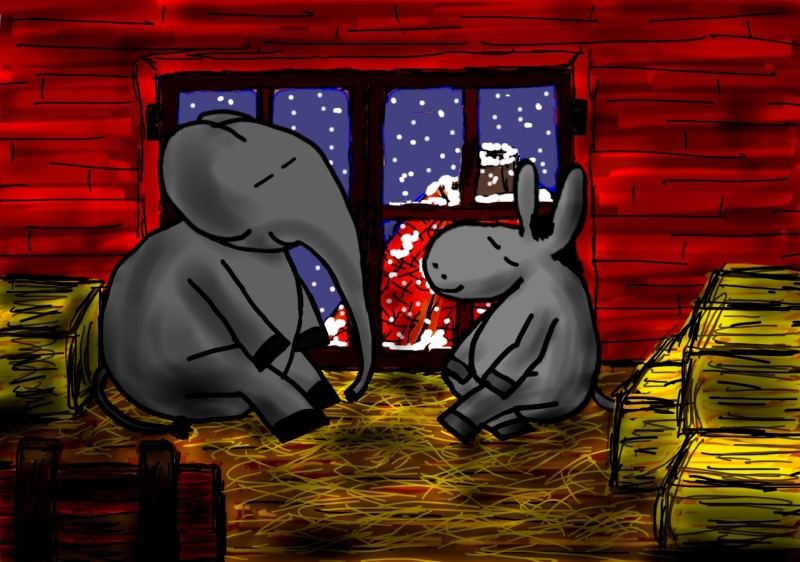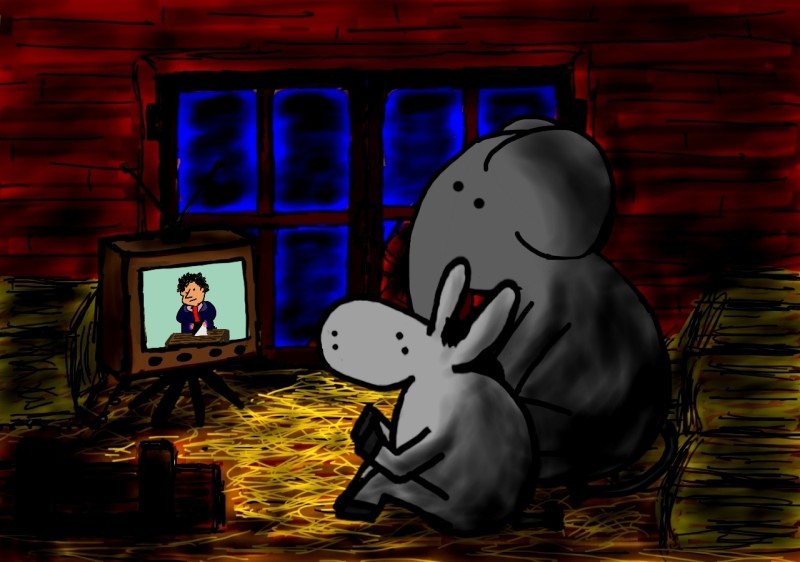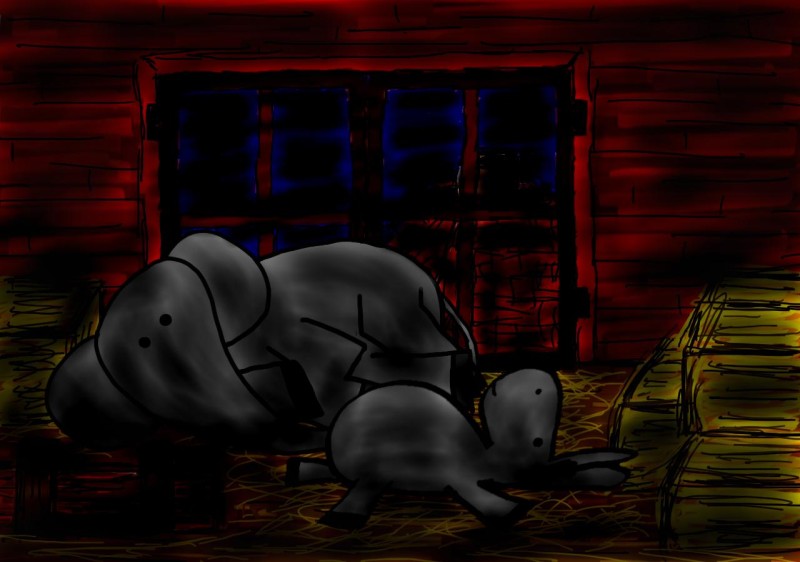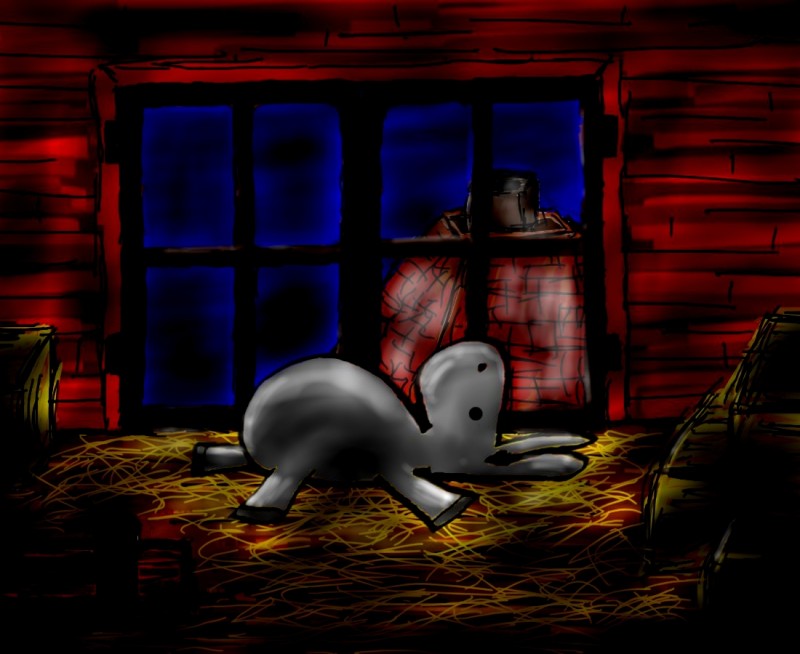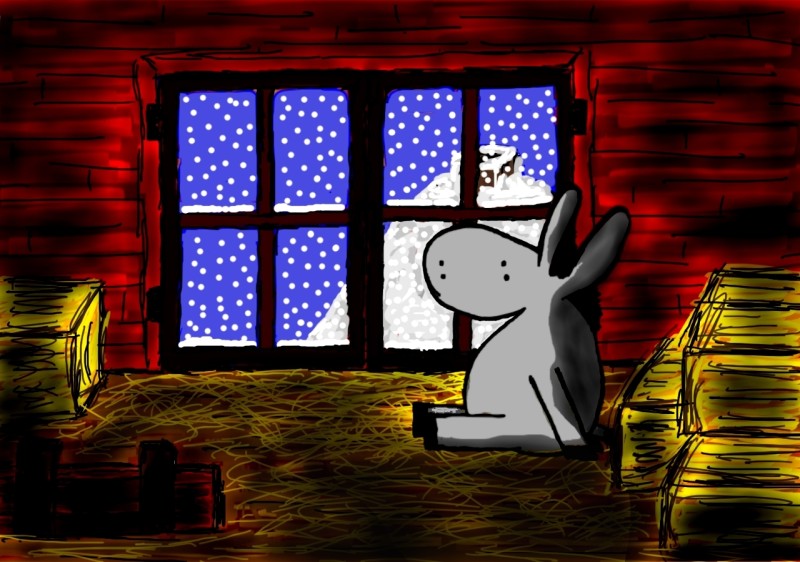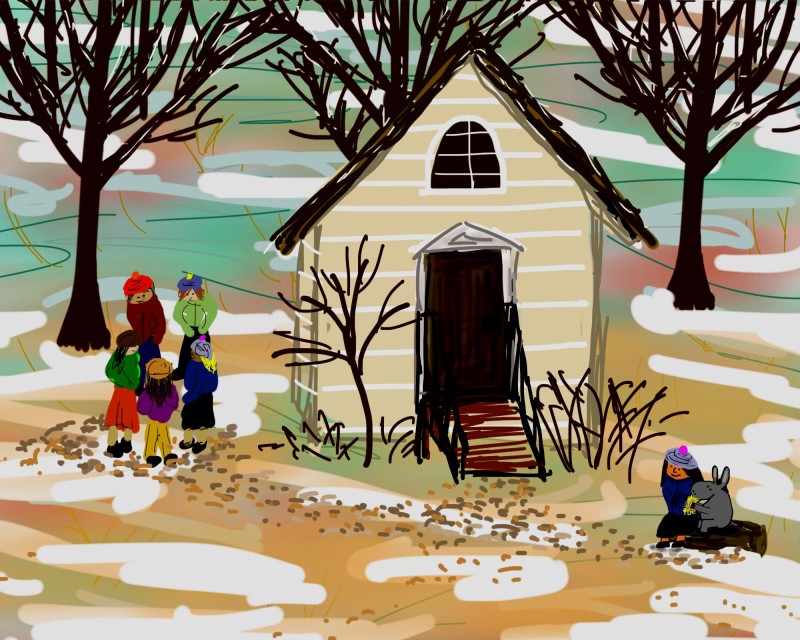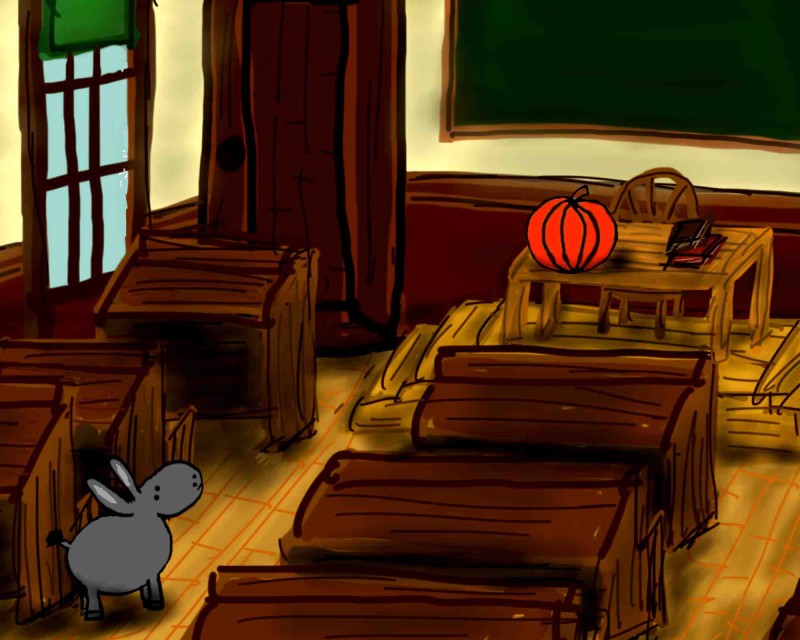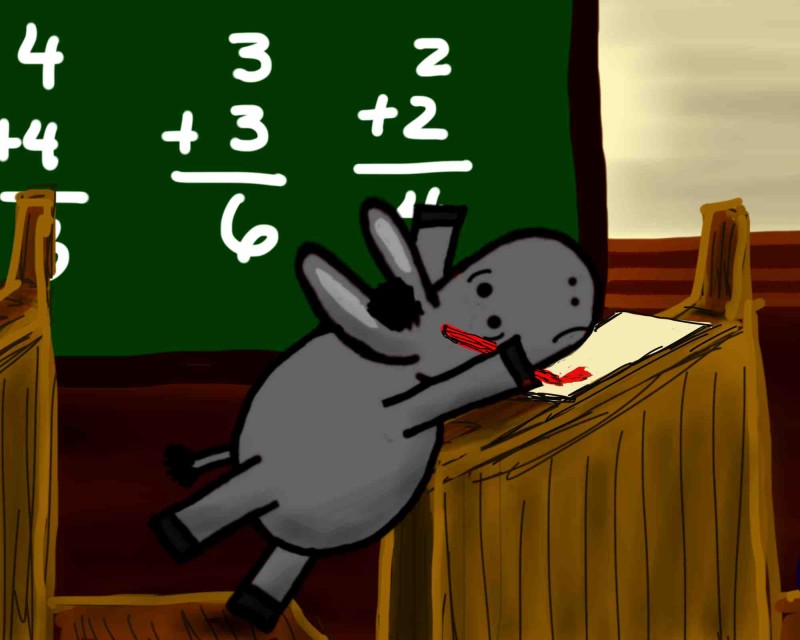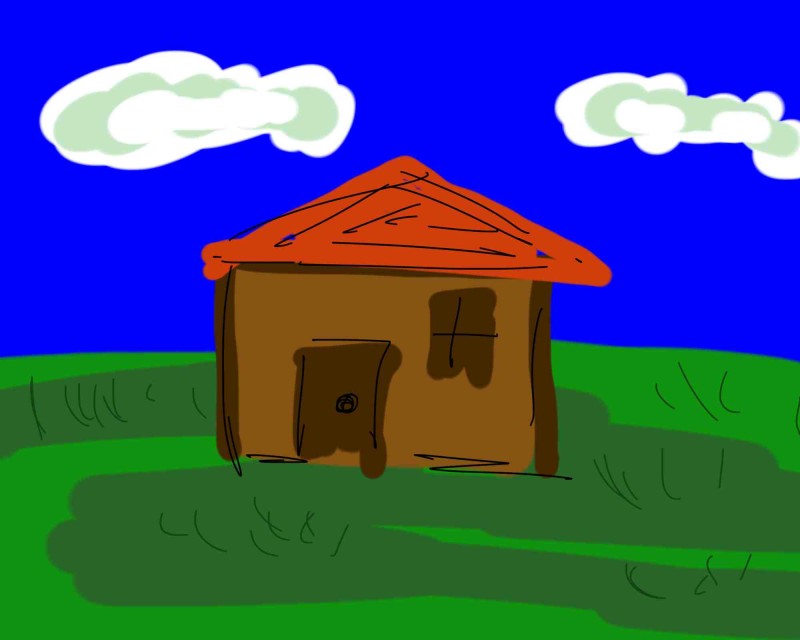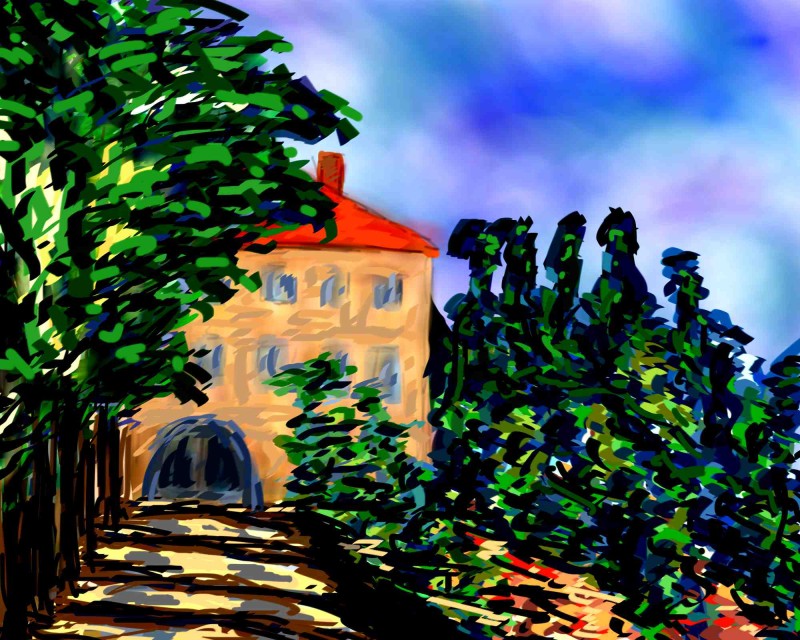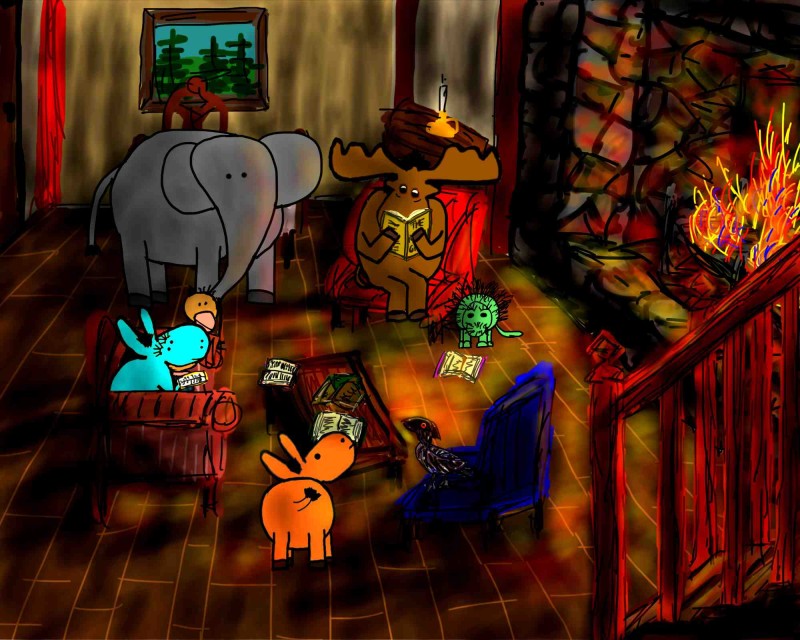Hunger is the bow, whipped cream the arrow,
and pumpkin pie the target
one sights unflinchingly.
Tag: blurtso
“Blurtso can’t get serious”
Stay tuned for the News Hour and tonight’s roundtable debate, “Can black and white be considered colors, and if so, which one is more colorful?” moderated by Dr. Jonathan Wellborn Truington III, renowned taxidermist and Pulitzer prize-winning author of, Is White White or Is White the New Black?
I think humans, said Blurtso, take themselves too seriously.
“Blurtso hears a whisper” (IX)
Harlan? said Blurtso. Yes? said Harlan. Do you miss Borneo? Yes, said Harlan. What do you miss most? I miss it all, said Harlan, the beauty, the peace, the danger, the poverty. You miss the poverty? said Blurtso. Yes, said Harlan. Wouldn’t it be nicer, said Blurtso, without the poverty? Not, said Harlan, if it just becomes a playground for the rich. Oh, said Blurtso. What do you think about international aid? I think it’s often misguided, said Harlan, and there’s nothing worse than convincing someone they need something that they didn’t need before.
“Blurtso considers his inner parakeet” (II)
“Blurtso considers his inner parakeet” (I)
The moon is full. They say a full moon brings out the animal in you. I wonder what animal is in me? A bull, or a goat, or a parakeet? I’ve never really thought about my inner parakeet. I wonder how long it’s been trying to get out? I wonder if it’s unhealthy to keep it locked up. The world might be a different place, if we all got in touch with our inner parakeets.
“Blurtso looks at the snow” (XIV)
More snow. This winter is really something. I think my coat is turning white. Pretty soon I’ll begin to look like a polar bear… or a polar donkey. And on a day like today, I’d be invisible. I wonder what it would be like to be invisible, and not have anyone notice me? I suppose I could always stomp one someone’s shoe… to make sure I’m alive.
“Ditto goes to school” (XIV)
“Ditto goes to school” (XIII)
“Weohryant University” (XXVII) – Who 101
Today’s question, said Harlan, is “Who ate the last piece of pie?”
I didn’t do it, said Emma Lou.
Neither did I, said Frank.
Why is the last piece, said Morton, more important than the first?
Or any of the other pieces? said Emma Lou.
That’s a good question, said Frank.
It’s not polite, said Chelsea, to eat the first piece, and it’s greedy to eat the last.
If you didn’t get one of the earlier pieces, said Morton, it’s not greedy to eat the last.
That’s true, said Chelsea.
Who determines what is polite, said Frank, and what is not?
Baldassare Castiglione, said Glouster, wrote a book in the sixteenth century called, Il cortegiano.
Il what? said Morton.
Il cortegiano, said Glouster, is a book that describes how an educated person should behave in Renaissance Italy.
A book that defines courtesy? said Chelsea.
“Courtesy,” said Glouster, is “behavior marked by polished manners or respect for others.”
Respect for others? said Frank. That takes us back to “love thy neighbors” and the Upanishads.
Everything that’s worthwhile, said Emma Lou, takes us back to “love thy neighbors.”
Does Il cortegiano say who gets the last piece of pie? said Morton.
No, said Glouster, but it gives an outline of courteous behavior.
There’s not much of that around, said Chelsea.
Courteous behavior? said Glouster.
Yes, said Chelsea, just this morning I was crossing the street—in the crosswalk—and a truck honked me off the road.
I know what you mean, said Morton, I always say hello to people at the bus stop, but they look at me like I’m crazy.
Maybe they’ve never seen a talking donkey, said Frank.
That’s possible, said Morton.
What is Catiglione’s definition of courteous behavior? said Emma Lou.
Castiglione, said Glouster, says that a courtesan should be familiar with classical literature, skillful in athletic competition, adept in writing poetry, able to play musical instruments, accomplished in painting, conversant on philosophical themes, and knowledgeable and graceful in dance; and should be able to do these things with “sprezzatura.”
Gesundheit! said Chelsea.
Thank you, said Glouster, that was very polite, but I didn’t sneeze. “Sprezzatura” is the art of making difficult things look easy.
How do you do that? said Morton.
Practice, said Glouster.
Oh, said Morton.
Can we practice being courteous? said Chelsea.
Yes, said Emma Lou, let’s!
Well, said Glouster, we’re already reading classical literature, so we don’t have to do that, but we’ll have to start practicing sports, poetry, music, painting, and dance.
I love to dance! said Chelsea.
O.k., said Glouster, you can teach dance.
I can whistle and chirp, said Frank.
O.k., said Glouster, you can teach music.
I have a rhyming dictionary, said Emma Lou.
O.k., said Glouster, you can teach poetry.
I can draw circles with my hoof in the sand, said Morton.
O.k., said Glouster, you can teach painting.
How about moose? said Chelsea.
Moose can teach sports, said Glouster.
What will you teach? said Frank.
I’ll teach philosophy, said Glouster.
I can hardly wait to be a courtesan! said Emma Lou.
Me too! said Chelsea.
So what’s the answer, said Frank, to the original question.
The original question? said Chelsea.
Yes, said Frank, “Who ate the last piece of pie?”
The answer, said Morton, is that it’s time to bake a new pie.
“Blurtso hears a whisper” (VIII)
Harlan? said Blurtso. Yes? said Harlan. Do you hear that? said Blurtso. No, said Harlan. Are you sure? said Blurtso. Yes, said Harlan. How about that? said Blurtso. No, said Harlan. Really? said Blurtso. Yes, said Harlan. Hmm, said Blurtso, I thought I heard something. You probably did, said Harlan, you have very good ears. Yes, said Blurtso, too good. Too good? said Harlan. Yes, said Blurtso, some things are better left unheard.
